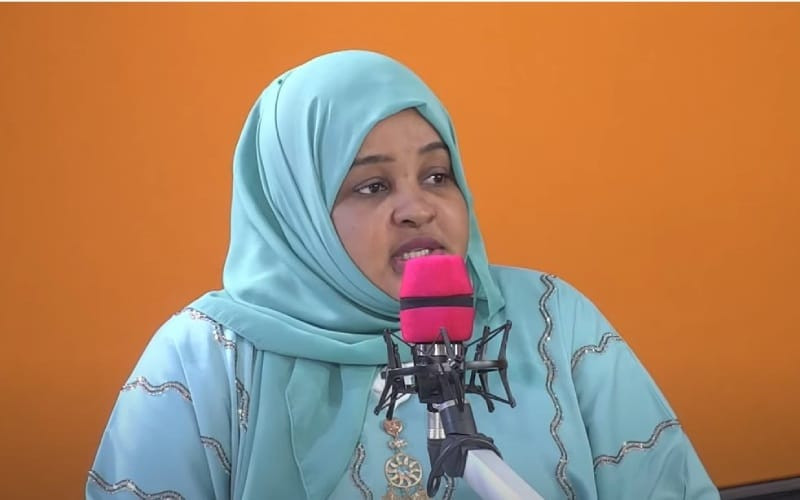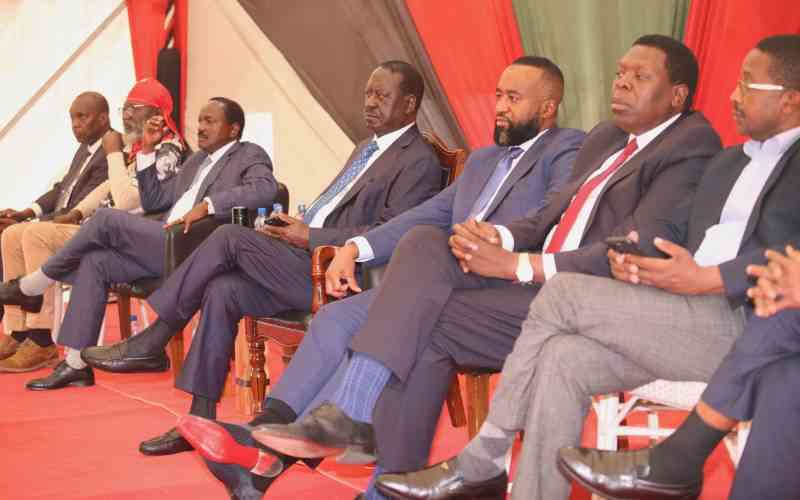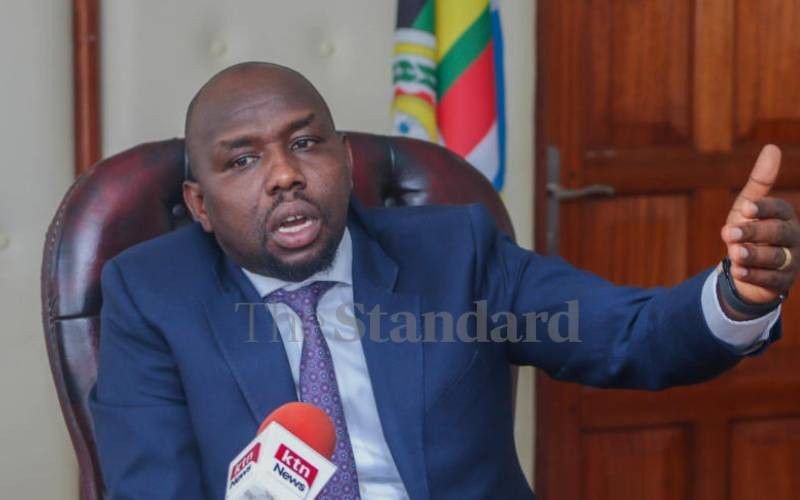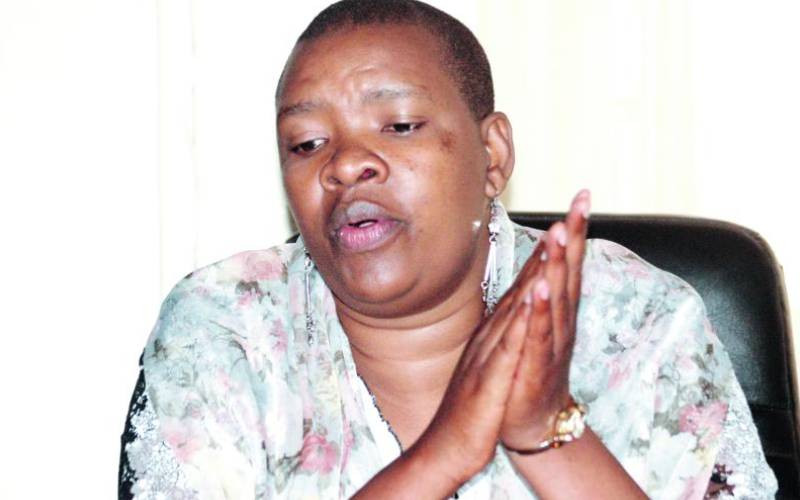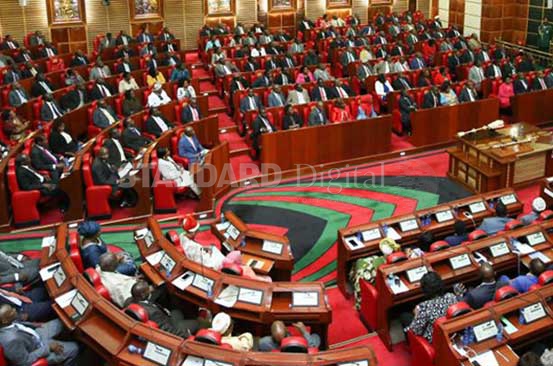
MPs have drafted a Bill to ensure they retain their power over the Constituencies Development Fund at least until after the next elections to be held in August 2017.
They have also ensured that under the proposed law on the CDF, there are clauses to shield a huge part of the Sh35 billion that will not have been spent when the current law governing the fund expires on February 19, next year.
The Standard on Sunday learnt that the MPs wanted to sidestep the High Court ruling removing them from the management of the fund.
In the National Government Constituencies Development Fund Bill, 2015 that comes for debate in mid November, the lawmakers also want to be allowed to continue implementing projects in the counties for the remainder of their term.
They say when the new law is enacted, they will have to complete their projects, whether or not the mandate of those projects falls under county governments.
“On the commencement day, all rights, powers and liabilities, whether arising under any written law or otherwise, which immediately before were vested in, imposed on or enforceable against the CDF Board established under the CDF Act 2013 shall be deemed to be vested, imposed or enforceable against the Board (under the new law),” reads a transition clause in the new Bill.
End of financial year
Any unspent cash from the national budget will remain in the fund until the end of the financial year.
There are also clauses that shield “any person who is an officer or employee... and members of the CDF committee and Board” effectively meaning that when the year-long judicial moratorium against the CDF Act 2013 expires, the MPs and their cronies managing the CDF will retain their powers, at least until the next election.
The legal query the MPs want to dodge is the one about the legitimacy of the CDF committees when the current Act expires and also the fate of the projects that infringe on mandates of the county governments.
CDF Committee chairman in the National Assembly Moses Lessonet (Eldama Ravine), who has signed the Bill, said the Bill, once enacted, would make constituencies a place where government money can be spent on projects
“The principle purpose of this Bill is to ...recognise the constituency as a platform for identification, performance and implementation of national government functions,” said Lessonet.
But as MPs plot, a governance lobby has told the chairman of the Senate’s Committee on Finance, Commerce and Budget Billow Kerrow and his counterpart in the National Assembly’s Budget and Appropriations Committee Mutava Musyimi that they have to guide the rest of the lawmakers to know that CDF had to be abolished the way the court ordered.
The International Centre for Policy and Conflict buttresses the position of the Commission for the Implementation of the Constitution that CDF has to be abolished in the new structure of governance that gives the bulk of development projects and responsibilities to counties.
Stay informed. Subscribe to our newsletter
“The amendment as passed by the assembly fails to recognise that apart from National government implementation mechanisms, is the County government and not constituencies. This issue was reiterated by the High Court in the CDF case and remains the law,” the CIC wrote.
The CIC’s advisory is clear that in the devolved system of governance that Kenya adopted fully in 2013 only counties are “the primary funding and implementation systems”.
 The Standard Group Plc is a
multi-media organization with investments in media platforms spanning newspaper
print operations, television, radio broadcasting, digital and online services. The
Standard Group is recognized as a leading multi-media house in Kenya with a key
influence in matters of national and international interest.
The Standard Group Plc is a
multi-media organization with investments in media platforms spanning newspaper
print operations, television, radio broadcasting, digital and online services. The
Standard Group is recognized as a leading multi-media house in Kenya with a key
influence in matters of national and international interest.
 The Standard Group Plc is a
multi-media organization with investments in media platforms spanning newspaper
print operations, television, radio broadcasting, digital and online services. The
Standard Group is recognized as a leading multi-media house in Kenya with a key
influence in matters of national and international interest.
The Standard Group Plc is a
multi-media organization with investments in media platforms spanning newspaper
print operations, television, radio broadcasting, digital and online services. The
Standard Group is recognized as a leading multi-media house in Kenya with a key
influence in matters of national and international interest.



